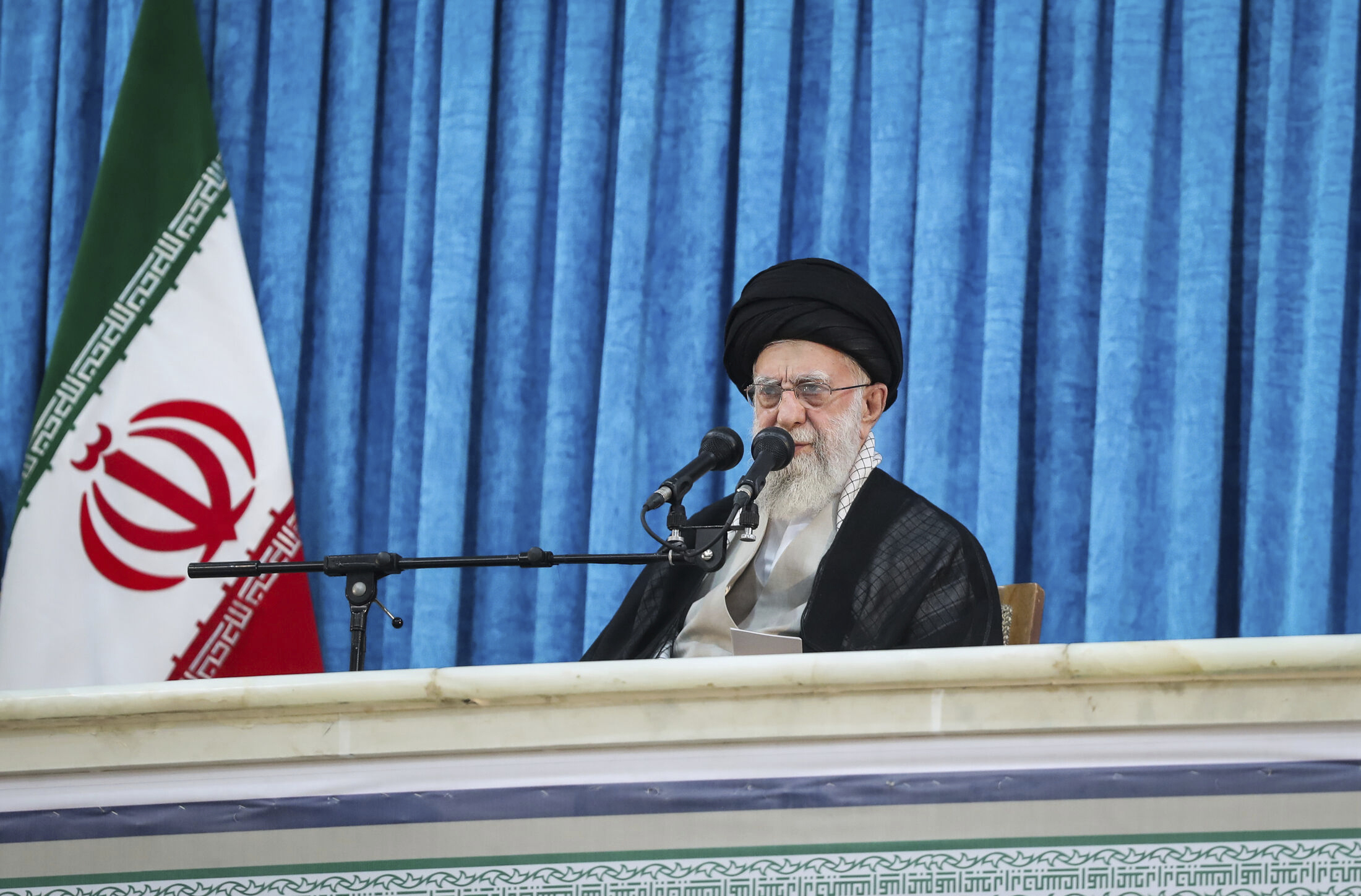
TEHERAN/JERUSALEM – Iran's Supreme Leader Ali Khamenei said on Friday that Israel will receive harsh punishment following Israeli airstrikes on Iranian targets earlier in the day.
Israel "has prepared a bitter fate for itself, which it will definitely receive," he said in a statement.
Spokesman for the Iranian Armed Forces Abolfazl Shekarchi said in an interview with state-run IRIB TV that Israel would pay a heavy price for its action, stressing that the Iranian armed forces were well-prepared and would give a harsh response.
Multiple senior military commanders, including Chief Commander of Iran's Islamic Revolution Guards Corps Hossein Salami, Chief of Staff of the Iranian Armed Forces Mohammad Bagheri and Commander of Iran's Khatam al-Anbiya Central Headquarters Gholam Ali Rashid, were assassinated as a result of the airstrikes, state media reported.
The Israeli airstrikes also killed at least two Iranian nuclear scientists, identified as Mohammad Mehdi Tehranchi and Fereydoun Abbasi, reports said.
READ MORE: CNN: US intelligence reveals Israel preparing strike on Iran's nuclear facilities
Explosions were reported in Teheran and the counties of Natanz, Khondab and Khorramabad, the Iranian state TV reported, adding that multiple casualties, including women and children, were reported in a residential building in Teheran.
Over 100 drones have been launched by Iran at Israel, said Israel Defense Forces (IDF) Spokesman Effie Defrin, adding that the army is working to shoot them down.
The IDF confirmed early Friday in a statement that it had launched a "preemptive, precise, combined" attack on dozens of military targets, including nuclear targets in different areas of Iran, adding, "Iran is closer than ever to obtaining a nuclear weapon."
Israeli Prime Minister Benjamin Netanyahu said in a video address that the goal of the operation is "to strike Iran's nuclear infrastructure, Iran's ballistic missile factories, and Iran's military capabilities," and will continue "for as many days as it takes."
IDF chief Eyal Zamir said in a statement that Israel has "no other choice" and was "at the point of no return" to fight for its existence.
Following the attack, the IDF's Home Front Command prohibited educational activities and gatherings in Israel, except for essential sectors.
The Israeli Health Ministry also ordered all hospitals in the country to raise their alert level to the highest possible, move to protected areas and descend to protected underground complexes.
ALSO READ: Minister: Iran to respond forcefully to any ‘transgression’
In a statement, US Secretary of State Marco Rubio denied any US assistance or involvement in the "unilateral" attack, adding that Israel had told Washington that it believed the strikes were necessary for its self-defense.
Earlier on Thursday, US President Donald Trump warned of a possible "massive conflict" in the Middle East, saying that "I don't want them going in" as direct talks between the United States and Iran are ongoing.
"I want to have an agreement with Iran. We're fairly close to an agreement ... As long as I think there is an agreement, I don't want them going in because that would blow it," he told reporters in the White House.
UN Secretary-General Antonio Guterres condemned any military escalation in the Middle East, and "is particularly concerned by Israeli attacks on nuclear installations in Iran while talks between Iran and the United States on the status of Iran's nuclear program are underway," his deputy spokesperson said in a statement.


